News
Climatologist David Phillips Says “Winter Is Not Over For Central Alberta”
By Sheldon Spackman
It’s Groundhog day and many weather prognosticators across the country are doing their best to predict how much winter is left. At Todayville, we too are wondering, when will spring arrive?
We spoke with Environment Canada’s Senior Climatologist David Phillips to help answer that question. Beginning in October of last year, Central Alberta had a cold and snowy start, leading many to believe that a really hard winter was in store for us. However, Phillips noted that things warmed up considerably in November, with many record temperatures set throughout the area that month.
In December of 2016, Phillips said we saw temperatures that were three and a half times colder than normal, with snowfall amounts three-times the norm as well.
Phillips says January was a tale of two months for us. A Polar Vortex that gave us a very cold first half, with temperatures often dipping to around – 30 degrees Celsius. Phillips adds, the second half of January saw balmy conditions re-appear, with temperatures about two degrees warmer than normal.
This month, Phillips says is starting off much like January. Cold to start with but warming up somewhat for the second half. As for the rest of the winter and spring season to follow, Phillips expects Central Alberta to see normal to slightly above normal temperatures.
However, having said that, Phillips says “There’s still a lot of winter to come.” We can still anticipate some cold bouts before the season is over but less severe in nature and not lasting as long. Overall, Phillips feels the winter of 2016-2017 will be warmer than normal when it’s all said and done but adds, “it’s still hard to say when spring will truly arrive.”
He says although flooding is not a concern for Central Alberta at this time, dryness could be if we don’t have some spring snowfalls.
Business
Broken ‘equalization’ program bad for all provinces
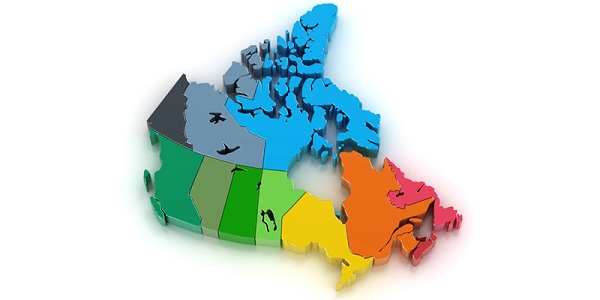
From the Fraser Institute
By Alex Whalen and Tegan Hill
Back in the summer at a meeting in Halifax, several provincial premiers discussed a lawsuit meant to force the federal government to make changes to Canada’s equalization program. The suit—filed by Newfoundland and Labrador and backed by British Columbia, Saskatchewan and Alberta—effectively argues that the current formula isn’t fair. But while the question of “fairness” can be subjective, its clear the equalization program is broken.
In theory, the program equalizes the ability of provinces to deliver reasonably comparable services at a reasonably comparable level of taxation. Any province’s ability to pay is based on its “fiscal capacity”—that is, its ability to raise revenue.
This year, equalization payments will total a projected $25.3 billion with all provinces except B.C., Alberta and Saskatchewan to receive some money. Whether due to higher incomes, higher employment or other factors, these three provinces have a greater ability to collect government revenue so they will not receive equalization.
However, contrary to the intent of the program, as recently as 2021, equalization program costs increased despite a decline in the fiscal capacity of oil-producing provinces such as Alberta, Saskatchewan, and Newfoundland and Labrador. In other words, the fiscal capacity gap among provinces was shrinking, yet recipient provinces still received a larger equalization payment.
Why? Because a “fixed-growth rule,” introduced by the Harper government in 2009, ensures that payments grow roughly in line with the economy—even if the gap between richer and poorer provinces shrinks. The result? Total equalization payments (before adjusting for inflation) increased by 19 per cent between 2015/16 and 2020/21 despite the gap in fiscal capacities between provinces shrinking during this time.
Moreover, the structure of the equalization program is also causing problems, even for recipient provinces, because it generates strong disincentives to natural resource development and the resulting economic growth because the program “claws back” equalization dollars when provinces raise revenue from natural resource development. Despite some changes to reduce this problem, one study estimated that a recipient province wishing to increase its natural resource revenues by a modest 10 per cent could face up to a 97 per cent claw back in equalization payments.
Put simply, provinces that generally do not receive equalization such as Alberta, B.C. and Saskatchewan have been punished for developing their resources, whereas recipient provinces such as Quebec and in the Maritimes have been rewarded for not developing theirs.
Finally, the current program design also encourages recipient provinces to maintain high personal and business income tax rates. While higher tax rates can reduce the incentive to work, invest and be productive, they also raise the national standard average tax rate, which is used in the equalization allocation formula. Therefore, provinces are incentivized to maintain high and economically damaging tax rates to maximize equalization payments.
Unless premiers push for reforms that will improve economic incentives and contain program costs, all provinces—recipient and non-recipient—will suffer the consequences.
Authors:
National
Liberals, NDP admit closed-door meetings took place in attempt to delay Canada’s next election

From LifeSiteNews
Pushing back the date would preserve the pensions of some of the MPs who could be voted out of office in October 2025.
Aides to the cabinet of Prime Minister Justin Trudeau confirmed that MPs from the Liberal and New Democratic Party (NDP) did indeed hold closed-door “briefings” to rewrite Canada’s elections laws so that they could push back the date of the next election.
The closed-door talks between the NDP and Liberals confirmed the aides included a revision that would guarantee some of its 28 MPs, including three of Trudeau’s cabinet members, would get a pension.
Allen Sutherland, who serves as the assistant cabinet secretary, testified before the House of Commons affairs committee that the changes to the Elections Act were discussed in the meetings.
“We attended a meeting where the substance of that proposal was discussed,” he said, adding that his “understanding is the briefing was primarily oral.”
According to Sutherland, as reported by Blacklock’s Reporter, it was only NDP and Liberal MPs who attended the secret meetings regarding changes to Canada’s Elections Act via Bill C-65, An Act to Amend the Canada Elections Act before the bill was introduced in March.
As reported by LifeSiteNews before, the Liberals were hoping to delay the 2025 federal election by a few days in what many see as a stunt to secure pensions for MPs who are projected to lose their seats. Approximately 80 MPs would qualify for pensions should they sit as MPs until at least October 27, 2025, which is the newly proposed election date. The election date is currently set for October 20, 2025.
Sutherland noted when asked by Conservative MP Luc Berthold that he recalled little from the meetings, but he did confirm he attended “two meetings of that kind.”
“Didn’t you find it unusual that a discussion about amending the Elections Act included only two political parties and excluded the others?” Berthold asked.
Sutherland responded, “It’s important to understand what my role was in those meetings which was simply to provide background information.”
Berthold then asked, “You nevertheless suggested amendments to the legislation including a change of dates?”
“My role was to provide information,” replied Sutherland, who added he could not provide the exact dates of the meetings.
MPs must serve at least six years to qualify for a pension that pays $77,900 a year. Should an election be called today, many MPs would fall short of reaching the six years, hence Bill C-65 was introduced by the Liberals and NDP.
The Liberals have claimed that pushing back the next election date is not over pensions but due to “trying to observe religious holidays,” as noted by Liberal MP Mark Gerretsen.
“Conservatives voted against this bill,” Berthold said, as they are “confident of winning re-election. We don’t need this change.”
Trudeau’s popularity is at a all-time low, but he has refused to step down as PM, call an early election, or even step aside as Liberal Party leader.
As for the amendments to elections laws, they come after months of polling in favour of the Conservative Party under the leadership of Pierre Poilievre.
A recent poll found that 70 percent of Canadians believe the country is “broken” as Trudeau focuses on less critical issues. Similarly, in January, most Canadians reported that they are worse off financially since Trudeau took office.
Additionally, a January poll showed that 46 percent of Canadians expressed a desire for the federal election to take place sooner rather than the latest mandated date in the fall of 2025.
-

 Aristotle Foundation2 days ago
Aristotle Foundation2 days agoToronto cancels history, again: The irony and injustice of renaming Yonge-Dundas Square to Sankofa Square
-
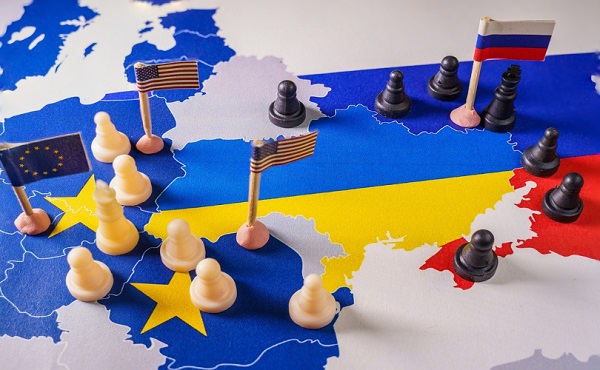
 conflict2 days ago
conflict2 days agoUS and UK authorize missile strikes into Russia, but are we really in danger of World War III?
-

 Business1 day ago
Business1 day agoCBC’s business model is trapped in a very dark place
-

 armed forces1 day ago
armed forces1 day agoJudge dismisses Canadian military personnel’s lawsuit against COVID shot mandate
-
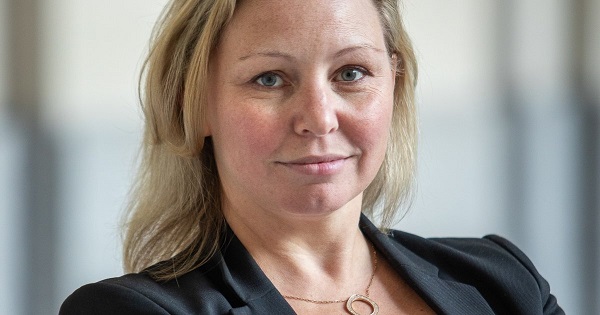
 Energy1 day ago
Energy1 day agoWhat does a Trump presidency means for Canadian energy?
-
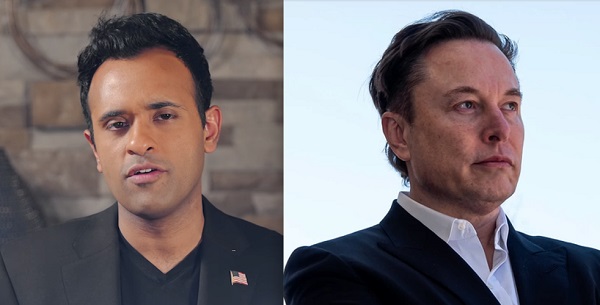
 International1 day ago
International1 day agoElon Musk, Vivek Ramaswamy Outline Sweeping Plan to Cut Federal Regulations And Staffing
-
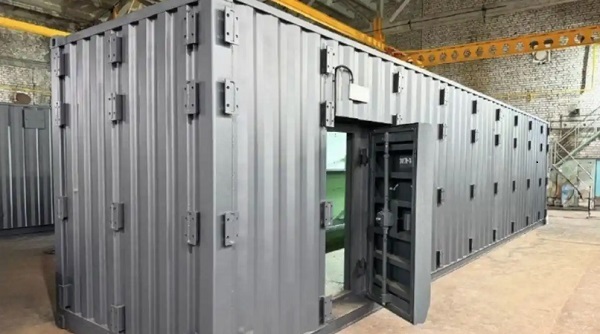
 conflict2 days ago
conflict2 days agoPutin Launches Mass-Production of Nuclear Shelters for his People
-

 Alberta18 hours ago
Alberta18 hours agoAlberta fiscal update: second quarter is outstanding, challenges ahead






